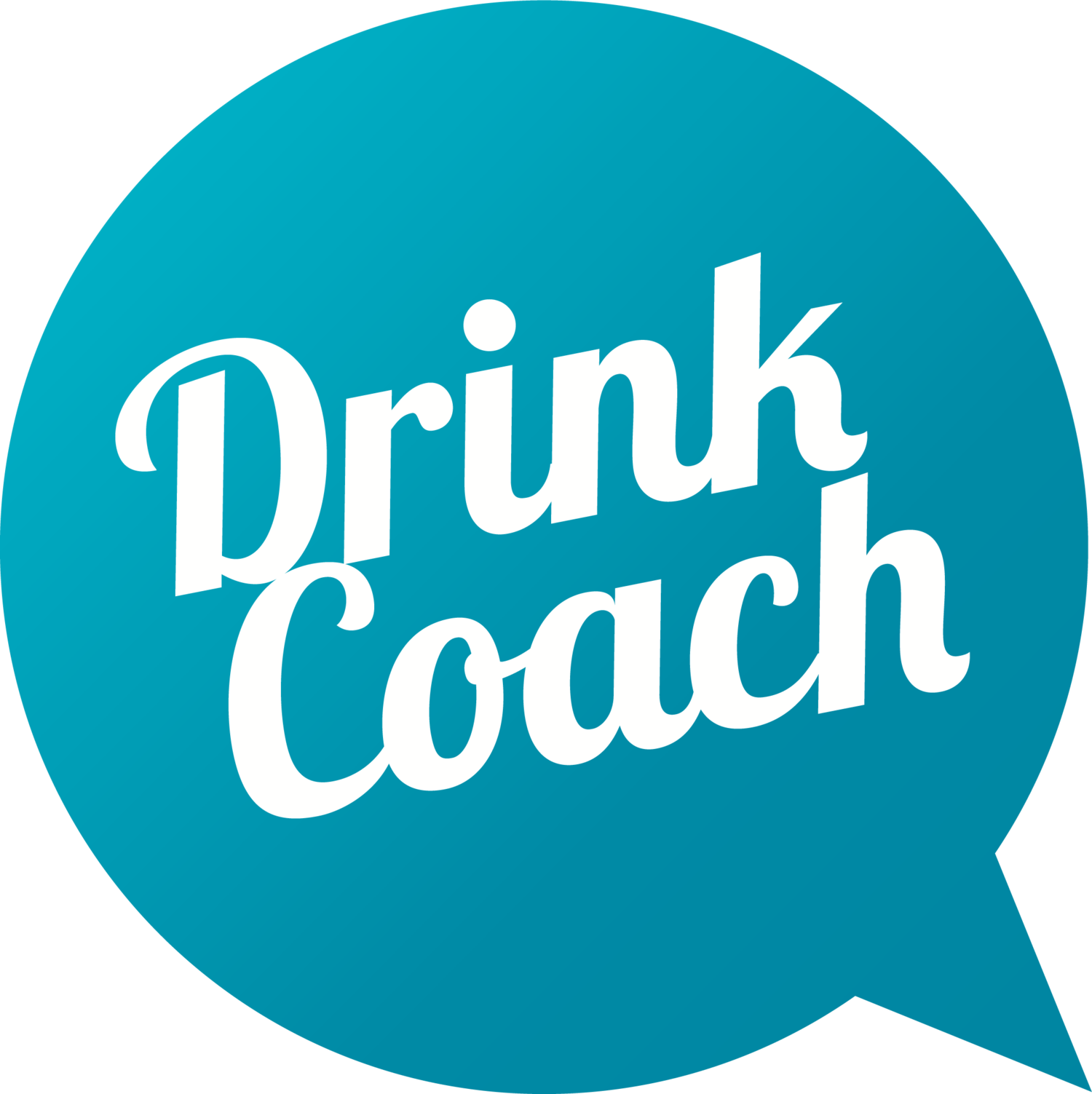No Alcohol, (almost) No Anxiety
The story of a 20-something year old who decided to change his drinking, to save his mental health
I was thirteen years old when I began drinking. Admittingly, this was once a bragging point. I was living in a rural farm town where this was the “normal” thing to do. Surrounded by friends next to a fire in the woods, I opened my first beer and took a sip. From that moment on I put alcohol at the centre of my social life, and my personality.
Alcohol never kept me from accomplishing my goals, it never caused me to disappoint my family or my friends. I was usually the “annoying” friend who would attempt to keep my friends from driving home from parties and I was at times referred to as the “dad” of my friend group.
However, what I had been ignoring since I was a teenager was the overwhelming anxiety that alcohol had a large role in creating. For years I dismissed this as a hangover. I would spend the entire next day after drinking with a static-filled chest re-running the conversations from the night before.
Did I say something I shouldn’t have? What are they thinking of me? I would feel these things all day until it became time to start drinking again. My thoughts would ease, the static would disappear and I would begin the cycle all over again. I wrote all of this off as “normal”.
Until one day, after I had described a weekend of partying to my therapist, she casually asked, “How does alcohol make you feel?”
The only answer I could think of was “Ehhhh, not great.” After a brief discussion on how alcohol affects the brain and our mood, I decided to give this “change your relationship with alcohol” thing a try. It turns out that not regularly consuming a depressant has its benefits.
The first advice I received from my therapist was “this will come with frustrations” meaning that even though I decided to almost completely cut alcohol out of my diet, it would take a while for me to start feeling the positive effects.
She was right. My anxiety did not go away, in fact, some days it felt worse without the availability of alcohol as a distraction. What happened though was that I decided to find other ways to distract myself from the anxiety I was feeling.
Those methods included yoga, running, meditation, and reading. It turns out including those methods in my weekly routine has allowed me to almost completely eliminate anxiety from my life. That doesn’t mean I don’t have my days, I definitely do. However, those days aren’t as bad as they used to be.
Now when I’m feeling anxious I ask myself “what can I do today to make sure I feel better tomorrow?” If I realize that I’ve been slacking on my yoga, or it’s been a few days since I’ve gone on a run, I start there. Usually, that’s enough for me to get a clearer picture of what is causing my anxiety.
The best part is now when I decide to have a drink, I do so because I feel like it and not because I’m attempting to calm my nerves or fit in at the social gathering.
I see so many of my friends on social media sharing alcohol consumption memes or buying wine glasses large enough to fit an entire bottle of wine (I had one myself) while also sharing posts regarding how anxiety or depression negatively impacts their life.
I can’t help but wonder, if these same people changed their relationship with alcohol, even just to the point that they make sure they stay below the recommended number of units a week, would they also be able to uncover what is really causing their anxiety? Perhaps cutting back on alcohol, a depressant in itself, may help.
If you’re worried about controlling your drinking, download the free DrinkCoach+ app. The Events feature allows you to log consequences from your drinking (hangovers, cravings, arguments) and will help you understand the impact of alcohol.


